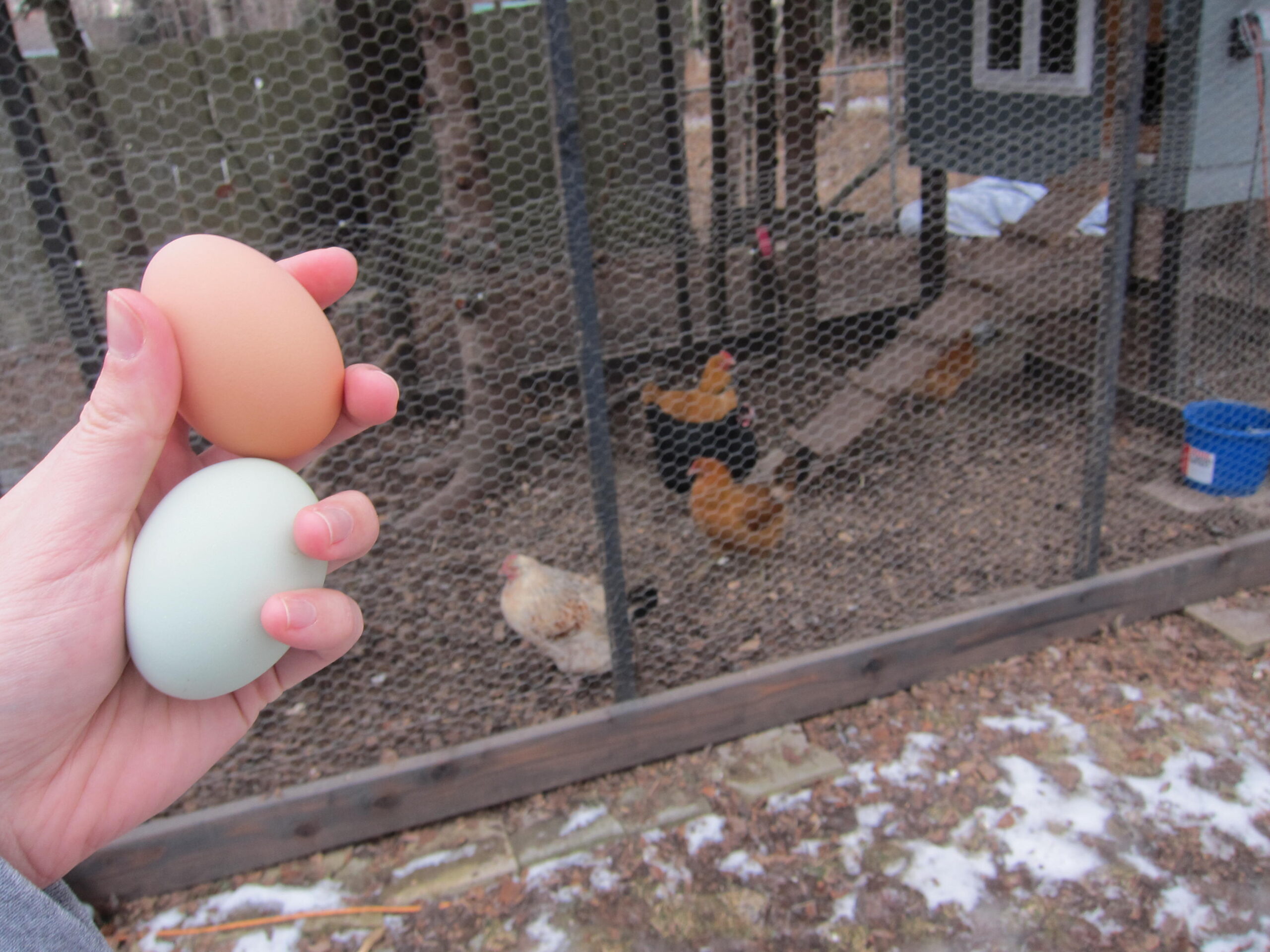The concept of hen laying eggs without a rooster in chicken husbandry may initially seem counterintuitive. However, there are a number of surprising benefits to having hens lay eggs without a rooster in your flock. This article will discuss the various advantages of hen laying eggs without a rooster, from increased egg production to improved egg quality. We will also discuss the potential drawbacks of this practice and how to best manage your flock. With the right management, hen laying eggs without a rooster can be a great way to increase your flock’s productivity and improve your egg-laying operation.
Benefits of Hen Laying Eggs Without a Rooster
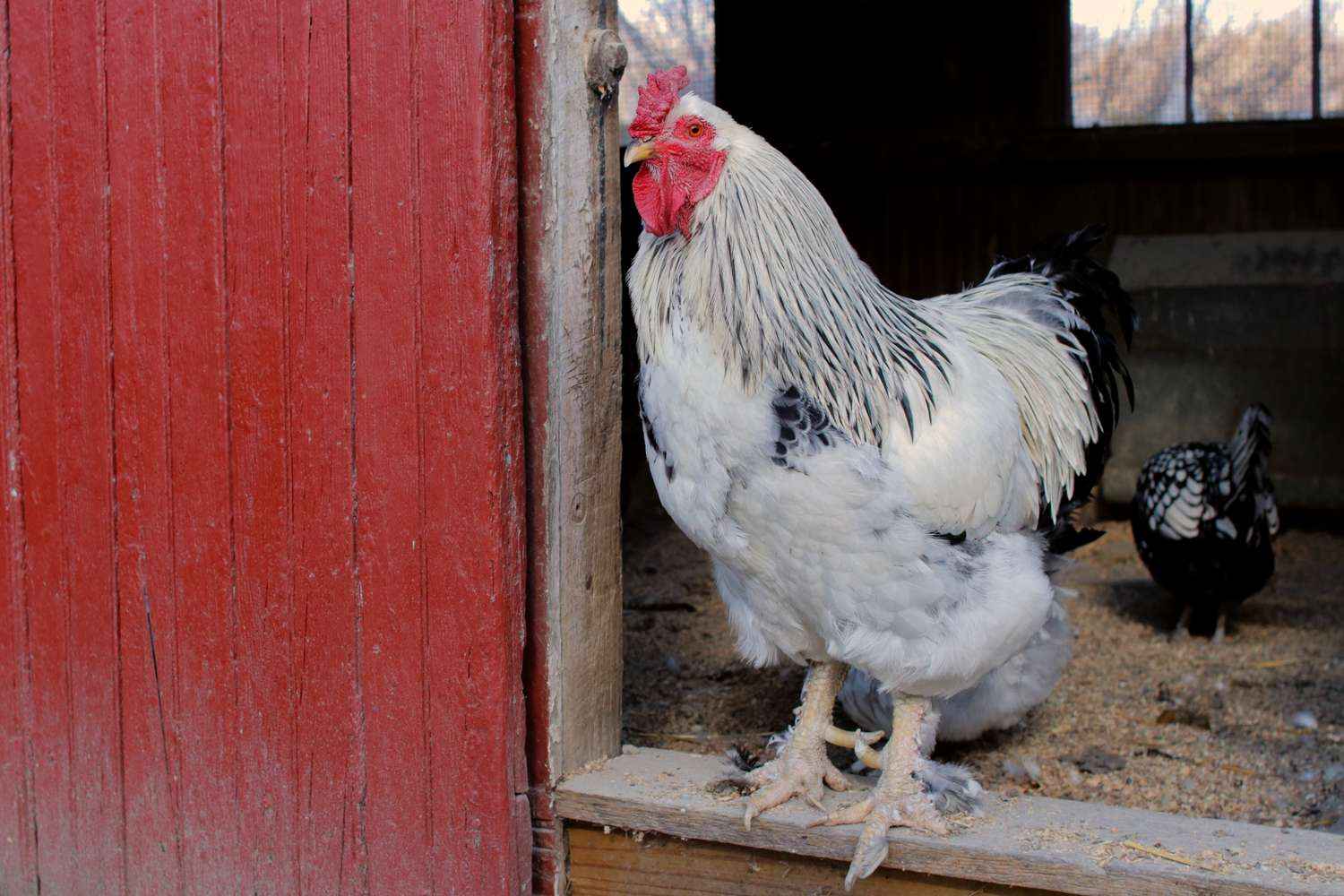
Cost-Effective
Having hens without a rooster can be more cost-effective than having a flock with a rooster. Roosters are often more expensive than hens and they require extra food, care, and vet attention. Keeping a flock of hens only, with no rooster, can help save money on feed, vet bills, and other costs associated with chicken husbandry.
Less Stressful
Hens will lay eggs without a rooster present, and they can do so with significantly less stress. Roosters can be aggressive and territorial, which can lead to increased stress in hens. Without a rooster in the flock, hens can lay eggs in peace and without fear of attack or harassment.
Higher Quality Eggs
Hens will lay eggs without a rooster and the eggs produced may be of higher quality than those laid with a rooster present. The eggs laid without a rooster are less likely to contain bacteria, as the rooster’s presence can increase the risk of contamination. Additionally, eggs laid without a rooster may have higher nutritional content due to the hens’ improved stress levels.
Will hens lay eggs without a rooster? The answer is yes! Hens can lay eggs without a rooster and reap the associated benefits, such as cost-savings, lower stress levels, and higher quality eggs.
Do Hens Lay Eggs Without Roosters?
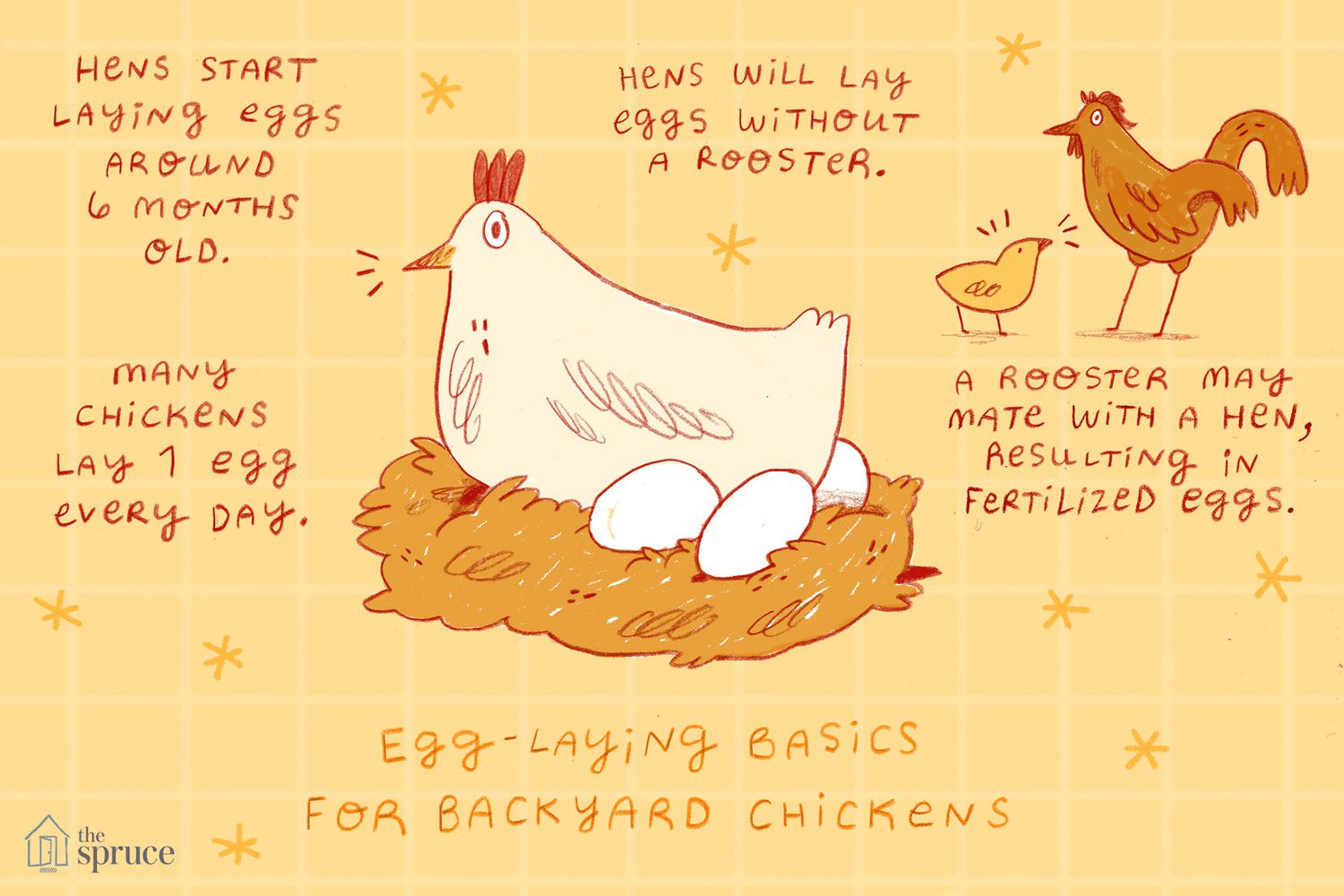
Yes, hens can lay eggs without roosters! This is called ‘parthenogenesis’, a type of asexual reproduction where an egg develops into an embryo without requiring fertilization from a male. Hens lay eggs regardless of whether a rooster is present or not. In fact, for commercial egg production, roosters are usually not kept with the hens as they can be noisy, aggressive and take up valuable space in the coop.
The Benefits of Hen Laying Eggs Without a Rooster
1. Reduced Noise and Aggression in the Coop – Without a rooster present, hens are less likely to be noisy and aggressive. This makes the coop a more peaceful and pleasant environment for all the chickens.
2. More Efficient Egg Production – Without a rooster in the coop, hens can lay eggs more efficiently. This is because they are not distracted by the rooster’s presence and are able to focus on egg production.
3. Lower Maintenance – As mentioned, roosters can be noisy, aggressive and take up valuable space in the coop. By not having a rooster present, the maintenance of the coop can be greatly reduced.
4. Easier to Sell Eggs – In many regions, it is illegal to sell eggs from chickens that were fertilized by a rooster. By having a flock of hens that lay eggs without a rooster, it is much easier to sell the eggs without any legal issues.
Conclusion
Hen laying eggs without a rooster can be a great benefit for chicken husbandry. Not only does it reduce noise and aggression in the coop, but it also allows for more efficient egg production and easier sale of eggs.
How Do Hens Lay Eggs Without Roosters?
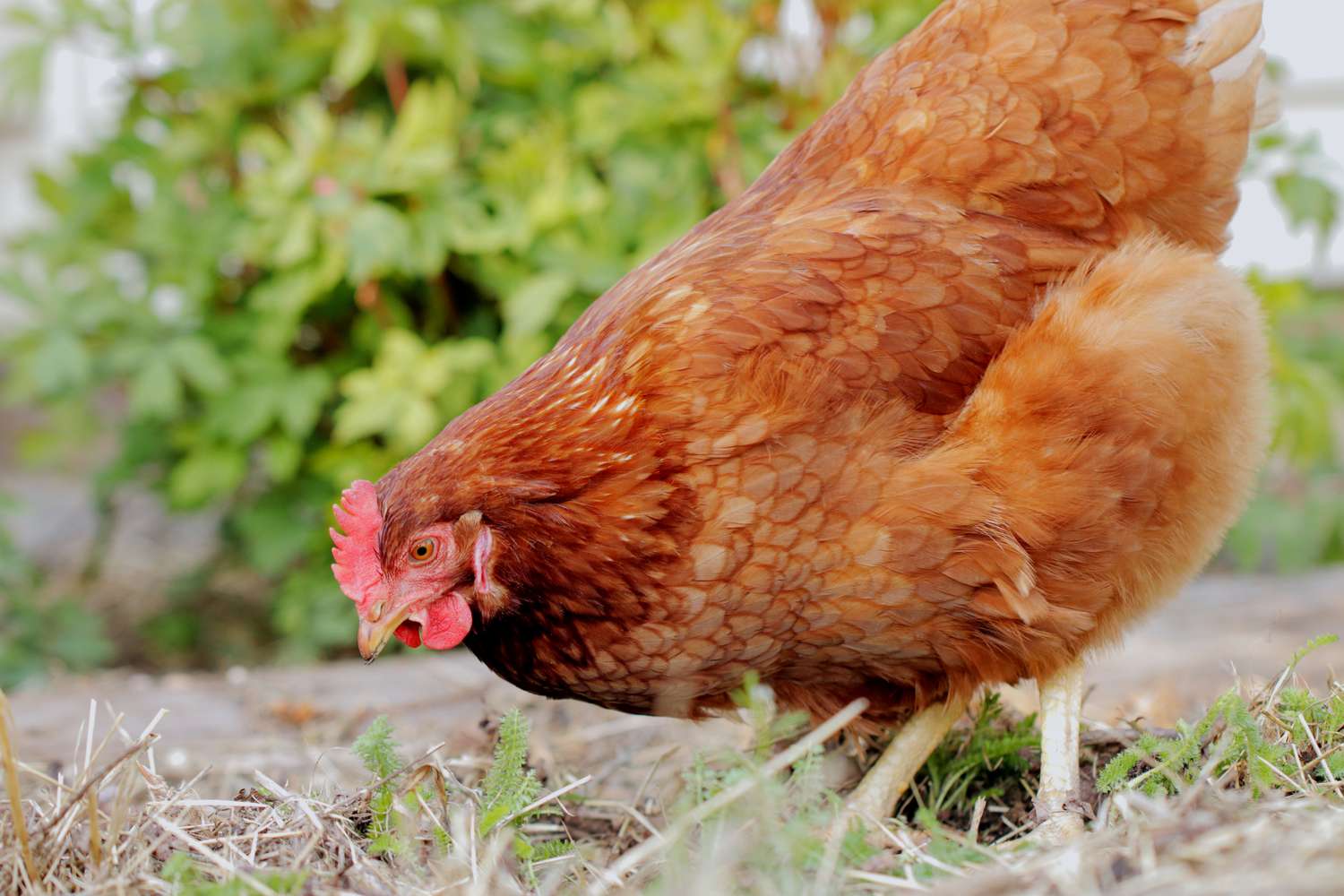
Hens can lay eggs without a rooster due to a process called parthenogenesis or “virgin birth”. In this process, the female chicken’s ovary will produce a yolk without the influence of a male rooster. The yolk then develops into an egg that can be fertilized by sperm from a rooster or remain unfertilized.
Benefits of having hens lay eggs without a rooster include:
- Cost savings—eliminates the need to purchase, care for, and house a rooster
- Reduced noise—roosters are known for their noisy crowing
- No risk of fertilized eggs—all eggs produced are unfertilized
In addition, laying eggs without a rooster can be beneficial for breeders and farmers since it eliminates the need for a rooster to fertilize the eggs. This means that the hens can produce eggs without the risk of fertilized eggs that can be sold to consumers.
Finally, chickens can lay eggs without a rooster due to a natural process called parthenogenesis. This process allows female chickens to produce eggs without the influence of a male rooster, creating cost savings and reducing noise for chicken farmers.
Can Hens Produce Eggs Without a Rooster?
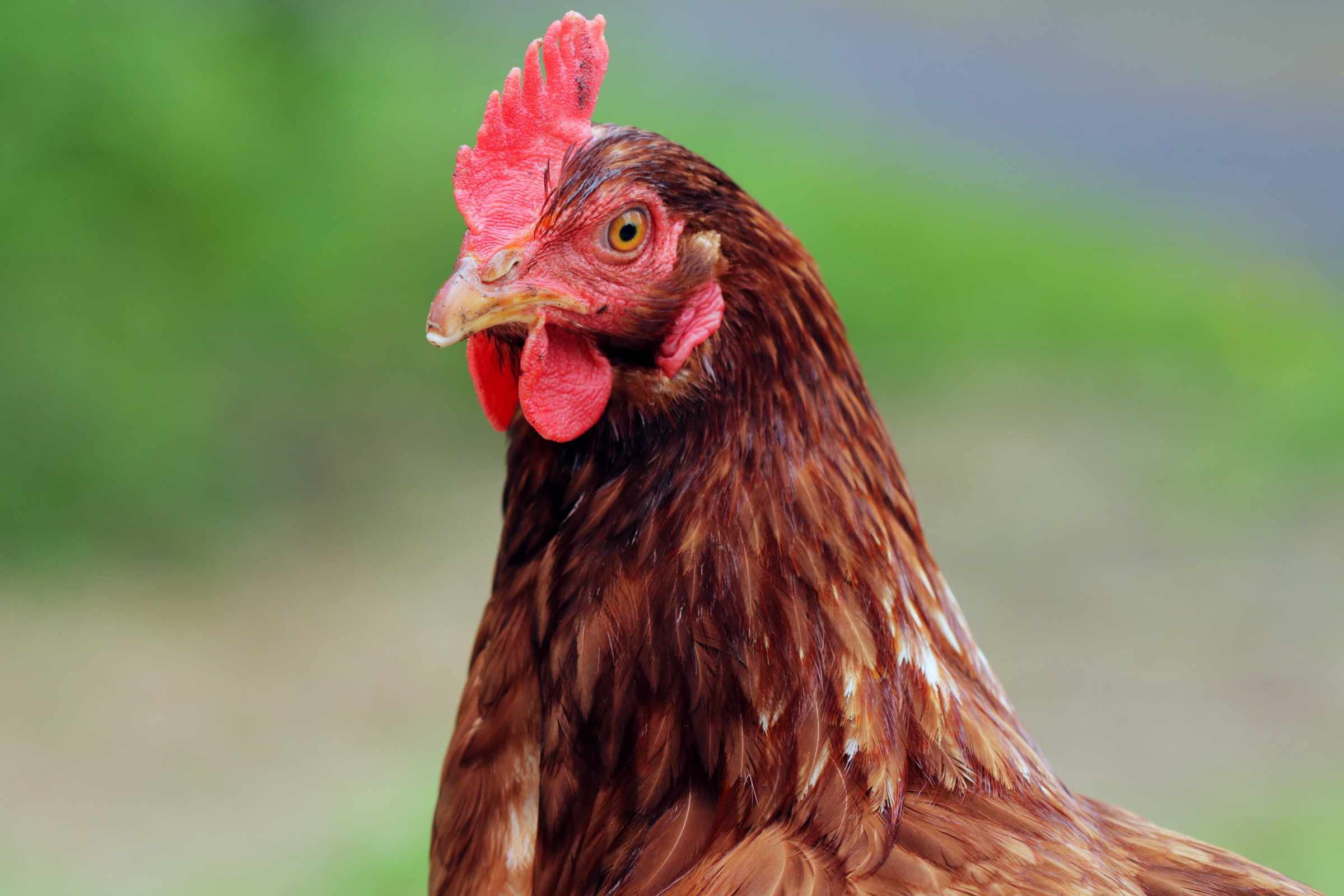
The simple answer is yes! Hens can lay eggs without the presence of a rooster, and it has some surprising benefits when it comes to chicken husbandry.
Here are the surprising benefits of hen laying eggs without a rooster:
- No fertilization of eggs – this means that the eggs produced by hens without a rooster will never develop into a chick.
- No aggressive behavior – roosters are known to be more aggressive than hens, so having a hen-only flock will result in less fighting and more peaceful coexistence.
- Lower maintenance costs – since hens don’t need a rooster, you can save money on feed, housing, and other costs associated with keeping roosters.
- Larger egg production – hens without roosters tend to produce more eggs than hens with roosters.
- More consistent egg production – since hens don’t need to be mated with a rooster in order to lay eggs, their production will be more consistent throughout the year.
Laying eggs without a rooster is a great way to have a productive and peaceful flock. It may take some time for hens to adjust to the new environment, but with proper care they can produce eggs without the need of a rooster. So if you’re looking for a cost-effective and hassle-free way to raise chickens, do consider hens laying eggs without a rooster.
Will Chickens Lay Eggs Without a Rooster?
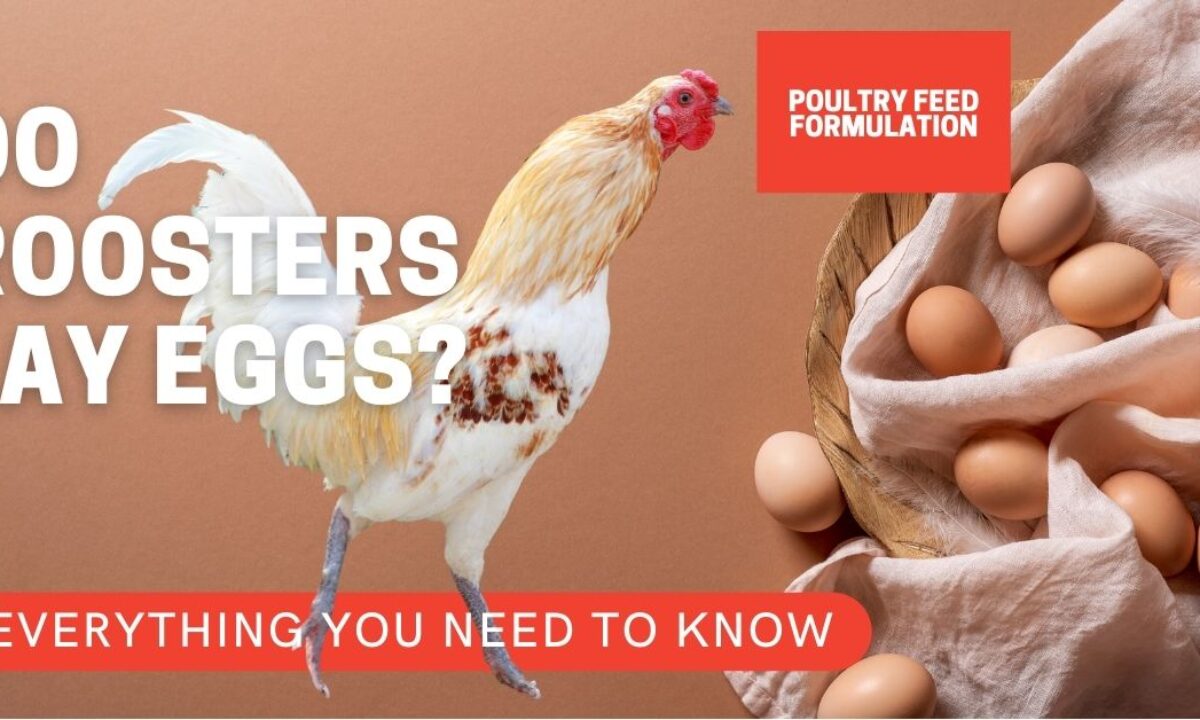
In the chicken husbandry, it is a common notion that hens need a rooster for laying eggs. But surprisingly, hens can lay eggs without a rooster. In fact, a rooster is not necessary for egg-laying, as hens are naturally programmed to lay eggs. Hens will lay eggs with or without a rooster.
So, what are the benefits of hen laying eggs without a rooster?
| Benefit | Description |
|---|---|
| No Rooster | No need to buy or maintain a rooster. This saves money and labor. |
| No Fertilization | The eggs won’t be fertilized, so no need to worry about chicks hatching. |
| No Crowing | No annoying rooster crowing at dawn. |
| Lower Stress | Without a rooster, the hens will not be subjected to the stress of mating. |
Although hens can lay eggs without a rooster, it is important to note that the eggs will not be fertile and thus won’t hatch. But if you are looking for eggs only and not chicks, hens without a rooster can be a great option.
Will Hens Lay Eggs Without a Rooster?
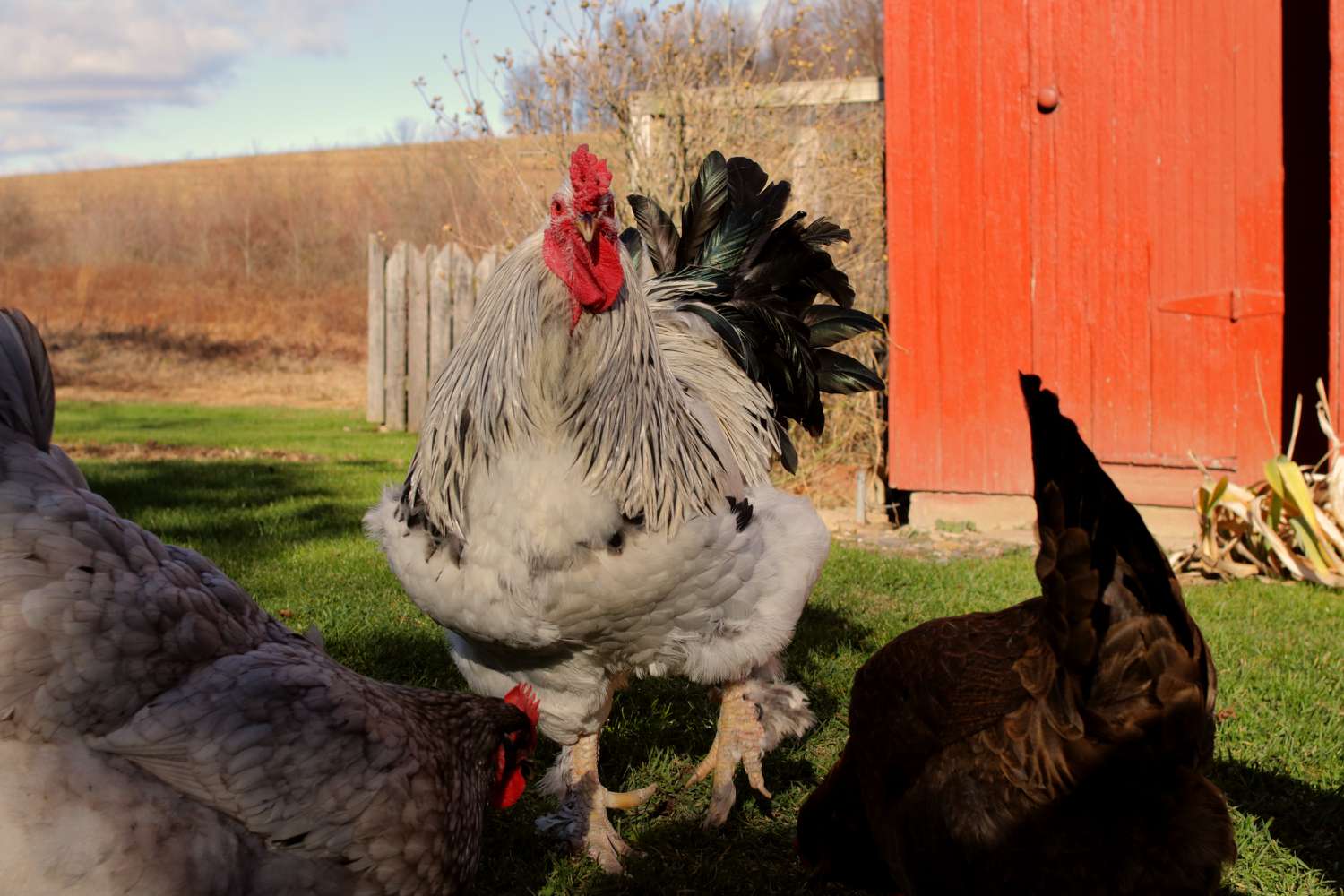
Yes, hens can lay eggs without a rooster present. Chickens can lay eggs without a rooster because the eggs do not require fertilization to be produced. Hens will lay eggs whether or not a rooster is present in the flock. In fact, if a rooster is present, it can lead to a decrease in egg production due to aggressive behavior.
The Surprising Benefits of Hen Laying Eggs Without a Rooster in Chicken Husbandry
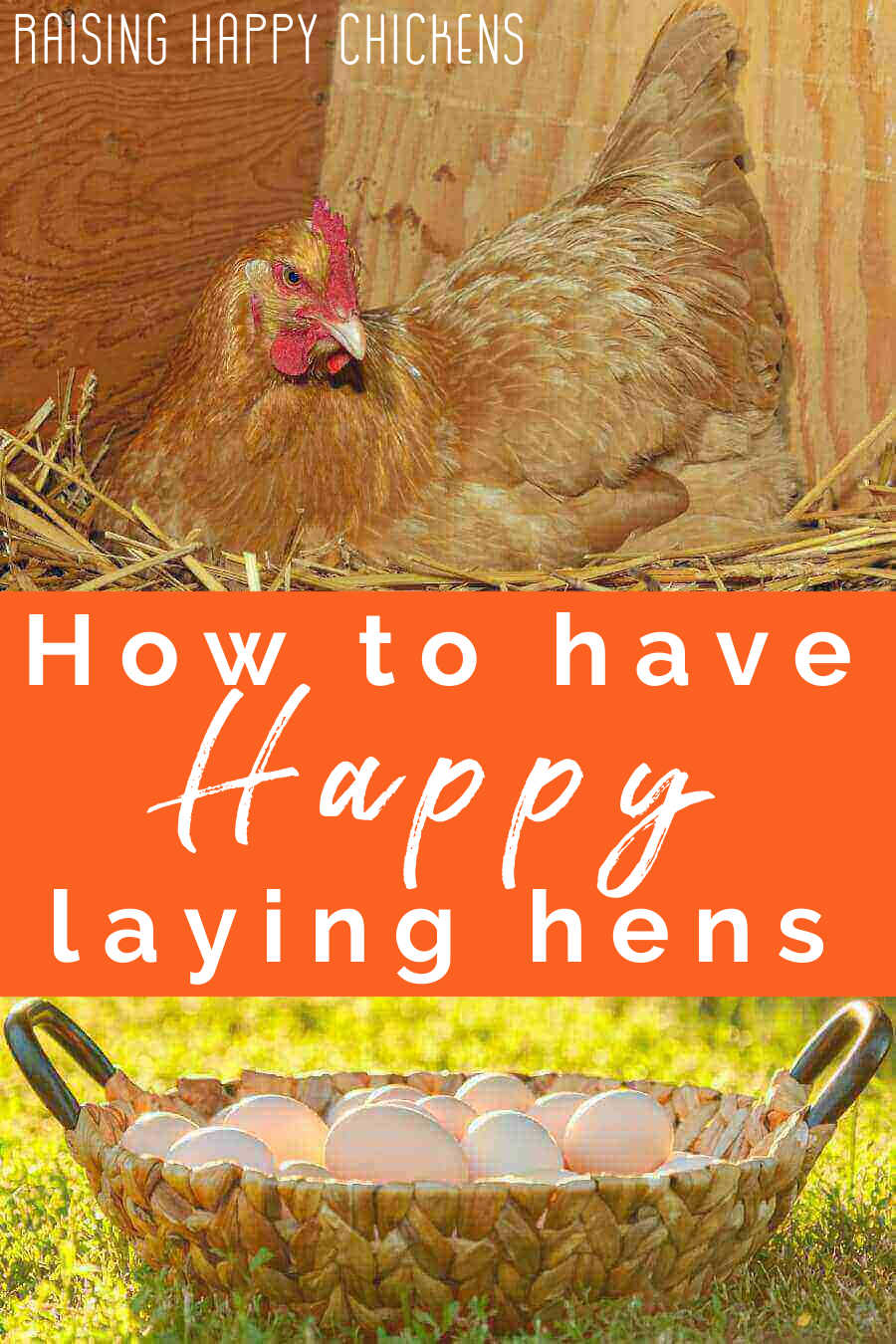
Not having a rooster in the flock can bring many benefits, such as saving money and eliminating the risk of rooster aggression. Without a rooster, there is no need to invest in a rooster or the cost of keeping it. Also, hens are more peaceful and happier without a rooster in the flock, resulting in increased egg production. Moreover, hens lay eggs without the need for a rooster, so eggs can still be collected for consumption and sale.
Another benefit of hens laying eggs without a rooster is that it eliminates the risk of rooster aggression. Roosters can be very territorial, and if one is present, it can become aggressive and attack the hens. This can cause stress and injury to the hens, leading to a decrease in egg production.
Finally, hens laying eggs without a rooster is a great way to practice sustainable chicken husbandry. Without the need for a rooster, fewer resources and energy will be used, resulting in a more eco-friendly method of chicken husbandry.
In conclusion, hens can lay eggs without a rooster present, and this has many benefits, such as saving money, reducing the risk of rooster aggression, and practicing sustainable chicken husbandry.
Hen Laying Eggs Without Rooster
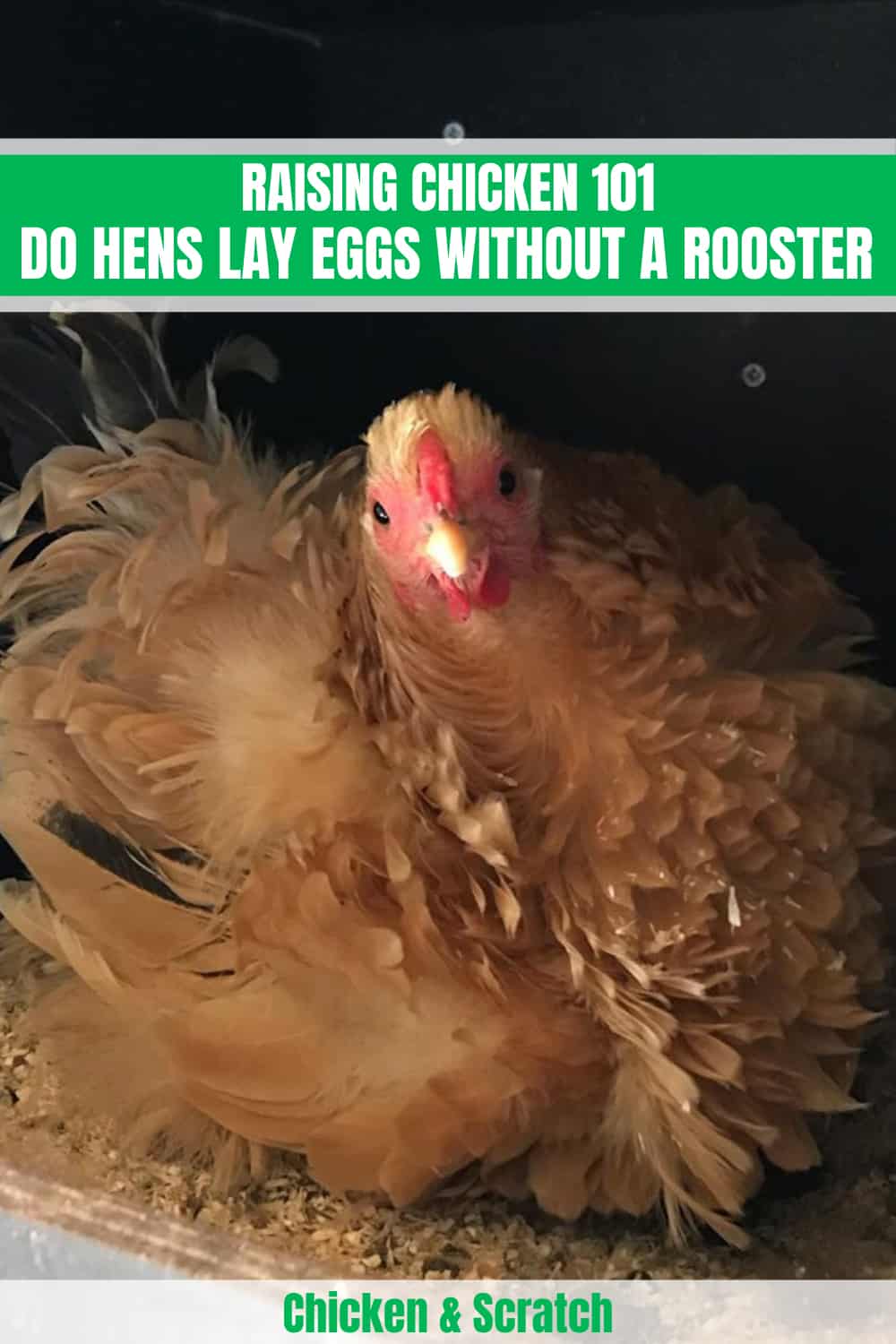
- Chickens are capable of laying eggs without a rooster – Female chickens can lay eggs without the presence of a rooster in their flock. This is because hens produce eggs naturally and do not require a rooster to fertilize them.
- Hens can lay an egg every 25-26 hours – A hen can lay up to 250 eggs per year and will lay an egg every 25-26 hours. This pattern of egg-laying is known as clutching and can occur continuously throughout the year.
- Eggs laid without a rooster are unfertilized – Eggs laid without a rooster are not fertilized and, therefore, will not develop into chicks if incubated. However, fertilized eggs can still be purchased from hatcheries if desired.
- Eggs laid without a rooster are still safe to eat – Unfertilized eggs are perfectly safe for consumption, as long as they have been properly washed and cooked. They are nutritionally equivalent to eggs laid with a rooster.
- Hens without a rooster will live longer – Hens without a rooster in their flock will live longer, as they are not subject to the stress of mating and egg production. This also reduces the risk of diseases and infections that can occur from overproduction of eggs.
- Hens laying eggs without a rooster require less space – Keeping hens without a rooster will require less space as there is no need for a separate rooster pen. This means that more hens can be kept in a smaller area, reducing the cost of keeping chickens.
The process of how do chickens lay eggs without a rooster is fascinating and has many benefits for chicken husbandry. Hens without a rooster in the flock will lay eggs without the need for fertilization and can still provide a large amount of eggs for consumption. Furthermore, hens without a rooster will live longer and require less space, resulting in a more economical operation.
Do Chickens Lay Eggs Without Roosters?
Yes, chickens can lay eggs without roosters. This is known as parthenogenesis and is a form of asexual reproduction, where a female can reproduce on her own. This form of reproduction is uncommon in birds, but can occur in chickens. This means that eggs can be produced without a rooster in the flock, and the eggs will be fertile.
Advantages of Hen Laying Eggs Without a Rooster
| Advantages | Description |
|---|---|
| No Rooster | No external male is needed for reproduction, hence no need for a rooster to be present in the flock. |
| Fertile Eggs | The eggs produced will be fertile and can be incubated to hatch chicks. |
| More Eggs | The hen will lay more eggs than she would with a rooster present. |
| Better Egg Quality | The eggs will be of better quality since they are not being fertilized by a rooster. |
Parthenogenesis can be beneficial to chicken keeping as it eliminates the need for a rooster. The eggs produced by a hen without a rooster are also more likely to be of higher quality. Furthermore, the hen will lay more eggs than she would with a rooster present.
Disadvantages of Hen Laying Eggs Without a Rooster
| Disadvantages | Description |
|---|---|
| No Male Lineage | The chicks will not have a male lineage. This means that they will not share characteristics with the father. |
| No Genetic Diversity | Since there is no male, the chicks will not be genetically diverse. |
One of the main disadvantages of parthenogenesis is that the chicks will not have a male lineage. This means that they will not share characteristics with the father. Additionally, since there is no male, the chicks will not be genetically diverse.
In conclusion, chickens can lay eggs without roosters through a process known as parthenogenesis. While there are many advantages to this form of reproduction, such as eliminating the need for a rooster and producing higher quality eggs, there are also disadvantages, such as a lack of male lineage and genetic diversity.
Frequently Asked Questions
What is the Purpose of Having a Rooster in Chicken Husbandry?
Having a rooster in chicken husbandry can be beneficial for several reasons. Roosters provide protection against predators, help keep the flock in order, and can help increase egg production. A rooster’s crowing can also be beneficial in helping to determine when it’s time for the hens to start laying eggs. Additionally, roosters can help hens to mate and produce fertile eggs.
Are there any health benefits to having a hen lay eggs without a rooster?
Fewer risks of diseases: Without a rooster, the chances of hens being infested with diseases and parasites that may be carried by roosters, such as mites, lice, and coccidiosis, are significantly reduced.
Lower stress levels: Roosters are naturally aggressive, and having one around can cause stress and aggression in hens. This can be avoided when there is no rooster in the flock.
Shorter breeding cycles: Without a rooster, hens are able to lay eggs more frequently, as they are not waiting for a rooster to fertilize them.
More eggs: As hens don’t need to wait for a rooster to fertilize them, they lay more eggs than if they were to lay with a rooster.
Healthier eggs: Unfertilized eggs are known to be healthier than fertilized eggs, as they contain less cholesterol and fat. They also contain higher levels of vitamins and minerals.
What Safety Measures Should Be Taken When Raising Chickens Without a Rooster?
Chickens kept without a rooster are vulnerable to predation and must be kept in secure, predator-proof enclosures at all times. To prevent disease, they should be kept away from wild birds and other poultry. Regular deworming, vaccinations, and health check-ups should also be done to maintain their health. Additionally, the area where chickens are kept should be cleaned and disinfected regularly. Proper nutrition, fresh water, and ample space should also be provided for the chickens. Lastly, it is important to ensure that the chickens have access to sufficient shade and ventilation.
How Does the Absence of a Rooster Impact the Quality of the Eggs?
The absence of a rooster does not have a significant impact on the quality of the eggs. Hens can lay eggs without a rooster present, and the eggs will be fertile unless the hen has been bred to be infertile. The eggs will be the same quality as if a rooster had been present and the hens can lay eggs with or without the presence of a rooster.
What type of environment is the most suitable for hens to lay eggs without a rooster?
Hens can lay eggs without a rooster in any comfortable environment. The hen should be provided with a safe and secure shelter where it can lay its eggs undisturbed. The environment should be free from predators and other animals that could disrupt the hen while laying. The area should be well ventilated, with plenty of natural lighting and adequate space for the hen to move around freely. Additionally, the environment should be free from parasites and diseases. Lastly, the hen should have access to a balanced diet and plenty of fresh water to ensure healthy egg production.
Conclusion
Hen laying eggs without a rooster can be a beneficial option for chicken husbandry. It eliminates the need for a rooster, reduces aggression among hens, and provides a rich source of protein and nutrition. In addition, it can provide a higher yield of eggs than with a rooster. However, it is important to consider the potential disadvantages of hen laying eggs without a rooster before implementation.
